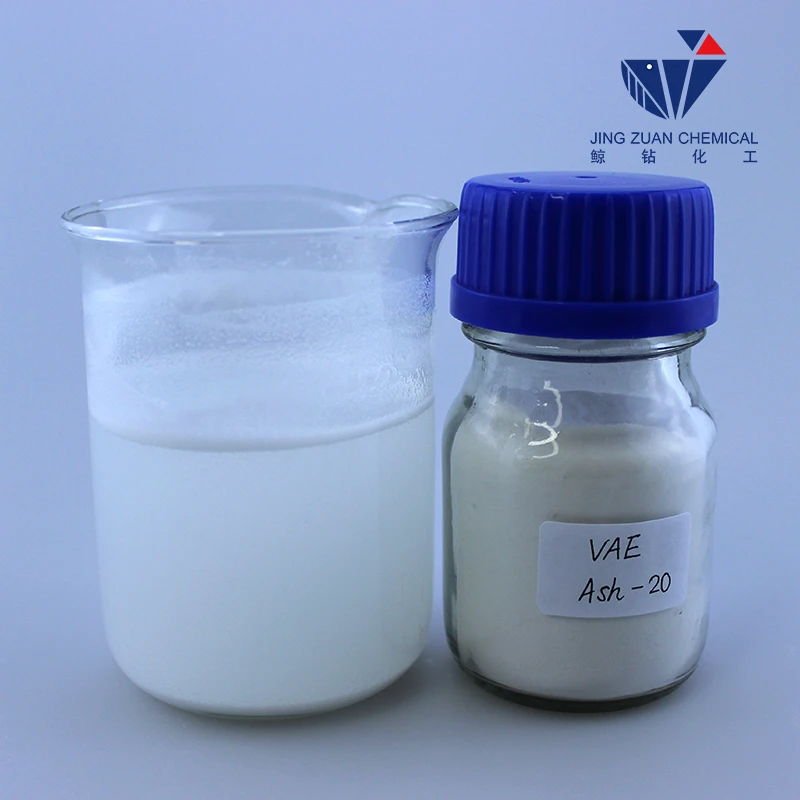
Nov . 19, 2024 23:40 Back to list
hydroxyethylcellulose for sale
Hydroxyethylcellulose A Versatile Polymer for Diverse Applications
Hydroxyethylcellulose (HEC) is a water-soluble polymer derived from cellulose, one of the most abundant organic compounds on Earth. With its unique properties and functionalities, HEC has found a wide array of applications across various industries, making it a highly sought-after material for sale.
What is Hydroxyethylcellulose?
HEC is synthesized by the etherification of cellulose, which involves the substitution of hydroxyl groups in the cellulose molecule with hydroxyethyl groups. This modification enhances the solubility of the polymer in cold water while maintaining its thickening, gelling, and stabilizing properties. Unlike some other cellulose derivatives, HEC does not exhibit toxicity and is biodegradable, making it an environmentally friendly option.
Properties of Hydroxyethylcellulose
One of the most attractive characteristics of HEC is its ability to form viscous solutions, making it an excellent thickening agent. It is soluble in both hot and cold water, providing formulators with flexibility in application. HEC solutions are non-ionic, which means they are not affected by the presence of electrolytes, making them suitable for a range of formulations. This polymer also has excellent film-forming properties, contributing to its use in various coatings and personal care products.
Applications of Hydroxyethylcellulose
hydroxyethylcellulose for sale

1. Cosmetics and Personal Care Products HEC is commonly used in the cosmetic industry due to its thickening properties and ability to enhance product texture. It is found in creams, lotions, shampoos, and conditioners. Additionally, HEC helps stabilize emulsions, preventing separation and ensuring uniform distribution of ingredients.
2. Pharmaceutical Formulations In the pharmaceutical sector, HEC serves as a suspension and viscosity-increasing agent. It is utilized in the formulation of gels, ointments, and liquid medications. Its biocompatibility makes it an ideal choice for drug delivery systems, improving the bioavailability of certain active ingredients.
3. Food Industry HEC finds its place in the food industry as a thickening and stabilizing agent. It can improve the texture and mouthfeel of various food products, including sauces, dressings, and dairy items. Its ability to retain moisture also contributes to better shelf life and quality of food items.
4. Construction and Paints In construction, HEC is used as a thickener in cement and mortar formulations, providing better workability and adhesion. It is also a component in paints and coatings, enhancing viscosity and ensuring a smooth application.
Conclusion
Hydroxyethylcellulose is a versatile and essential polymer with applications spanning various industries. Its unique properties, including excellent solubility, thickening capability, and film-forming attributes, make it an indispensable ingredient in many formulations. As demand for sustainable and effective materials increases, HEC stands out as a valuable option, further emphasizing the need for its availability in the market. For those in search of hydroxyethylcellulose for sale, numerous suppliers offer high-quality options, ensuring that industries continue to benefit from its outstanding properties.
-
Versatile Hpmc Uses in Different Industries
NewsJun.19,2025
-
Redispersible Powder's Role in Enhancing Durability of Construction Products
NewsJun.19,2025
-
Hydroxyethyl Cellulose Applications Driving Green Industrial Processes
NewsJun.19,2025
-
Exploring Different Redispersible Polymer Powder
NewsJun.19,2025
-
Choosing the Right Mortar Bonding Agent
NewsJun.19,2025
-
Applications and Significance of China Hpmc in Modern Industries
NewsJun.19,2025







